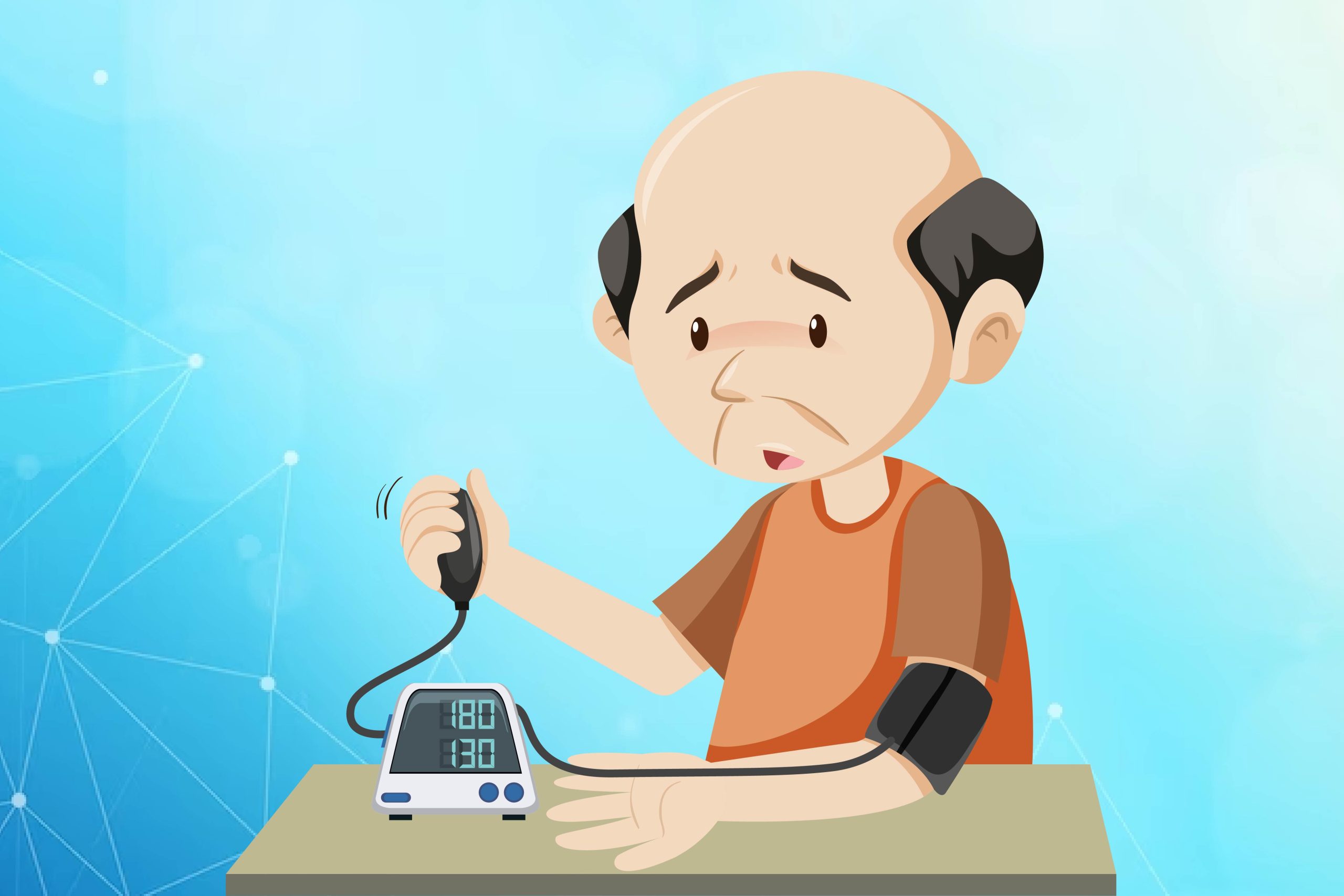High Blood Pressure

Overview
High blood pressure, also known as hypertension, is a medical condition in which the force of blood pushing against the walls of your arteries is consistently too high. This condition can put a strain on your heart and blood vessels and increase your risk of developing serious health problems such as heart disease, stroke, and kidney disease.
Blood pressure is measured using two numbers: systolic pressure, which is the pressure when your heart beats, and diastolic pressure, which is the pressure when your heart is at rest between beats. A blood pressure reading of 120/80 mmHg or lower is considered normal, while a reading of 130/80 mmHg or higher is considered high.
There are many factors that can contribute to high blood pressure, including genetics, age, obesity, lack of physical activity, smoking, excessive alcohol consumption, and stress. Treatment for high blood pressure usually involves lifestyle changes such as exercising regularly, maintaining a healthy diet, reducing salt intake, quitting smoking, and limiting alcohol consumption. In some cases, medication may also be prescribed to help lower blood pressure. It is important to manage high blood pressure, as it can lead to serious health complications if left untreated.
Symptoms
Headaches
Dizziness
Shortness of breath
Chest pain
Vision problems
Fatigue
Nausea or vomiting
Nosebleeds
Treatments
Treatment for high blood pressure usually involves a combination of lifestyle changes and medications. Here are some common treatments for high blood pressure:
- Lifestyle changes: Making lifestyle changes such as maintaining a healthy weight, reducing salt intake, increasing physical activity, limiting alcohol consumption, and quitting smoking can help lower blood pressure.
- Medications: There are several types of medications used to treat high blood pressure, including diuretics, ACE inhibitors, angiotensin II receptor blockers, calcium channel blockers, beta-blockers, and renin inhibitors. These medications work in different ways to lower blood pressure and your healthcare provider will choose the best option for you based on your individual needs.
- Regular blood pressure monitoring: Regular blood pressure monitoring is important to ensure that your blood pressure is within a healthy range and to adjust your treatment plan if necessary.
- Management of other health conditions: Treating and managing other health conditions that may contribute to high blood pressure, such as diabetes or sleep apnea, can also help lower blood pressure.
It is important to work with your healthcare provider to develop a treatment plan that is tailored to your individual needs and lifestyle. High blood pressure is a chronic condition that requires ongoing management, so it is important to make lifestyle changes and take medications as prescribed to keep your blood pressure under control and reduce your risk of serious health complications.
High blood pressure is a medical condition in which the force of blood pushing against the walls of your arteries is consistently too high.
- Headaches
- Dizziness
- Shortness of breath
- Chest Pain





